Euro leaves bitter aftertaste for Slovenia
Just one week after joining Europe's single currency, many Slovenes are complaining that prices are soaring.
Monday, 08.01.2007.
15:28

Euro leaves bitter aftertaste for Slovenia
Price rises and the demise of the Slovenian tolar — a trusted symbol of the country's independence from communist Yugoslavia in 1991 — are making it hard for the people to love Europe's single currency.Sunday morning finds Breda Kutin, like many Slovenes, sipping a cup of coffee in one of Ljubljana's many kavarna, the charming cafés for which the capital is famed. But Mrs Kutin, the president of the Slovene Consumers' Association, is finding that her kava has a bitter taste.
"The price of this cappuccino has increased by 28 per cent over the last week," she said. "This increase of prices is worrying since the change-over to the euro does not increase the revenues of citizens."
Slovene consumers are up in arms and Mrs Kutin says complaints are pouring in at a rate of 175 per day — representing a major consumer rebellion in the country of two million people.
Price rises are keenly felt in Slovenia where the net monthly salary is 800 euros. Many people fear more increases in the cost of living in June when a price freeze on major retailers ends and receipts stop showing prices in both the tolar and the euro.
Teja Boovi, a 22-year-old student working her way through university, says the price increases are a talking point among her friends because they have hit people's lifestyles.
"The good things in life, entertainment, movies, going out, have gone up. My student wages always seem to be going down," she said.
Slovenia's experience is not unique. Official EU polling this autumn found that 93 per cent of euro-zone citizens "stated that the euro has added to the increase of prices" in the five years after its introduction.
Price inflation has been blamed for polls that indicate that those finding the euro "advantageous" have become a minority of 48 per cent.
Eric Kersevan, 32, a professor of administrative law at the University of Ljubljana, admits that enthusiasm for the euro is thin on the ground. "The euro is already established. There is no surprise, not a lot of enthusiasm or scepticism. We look at the euro pragmatically," he said.
But 20-year-old Eva Menart, drinking in Ljubljana's popular Maek kavarna, fears that Slovenia is losing more than its currency.
"It is not only about losing the tolar. The EU does not impress me," she said. "We tried so hard to be independent — now we want to be part of something bigger again. It does not make sense."












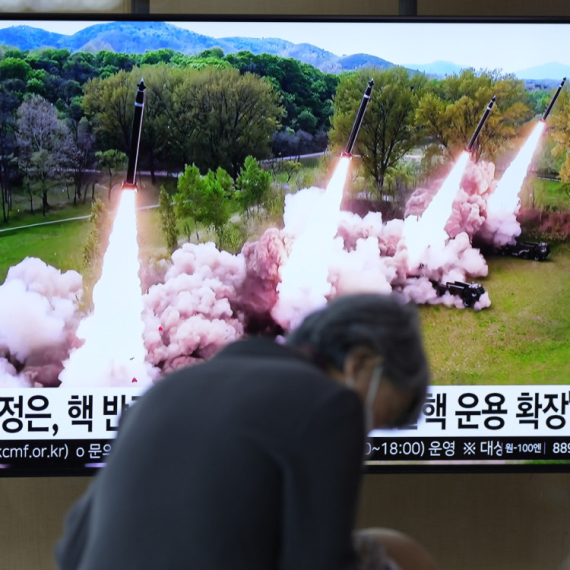




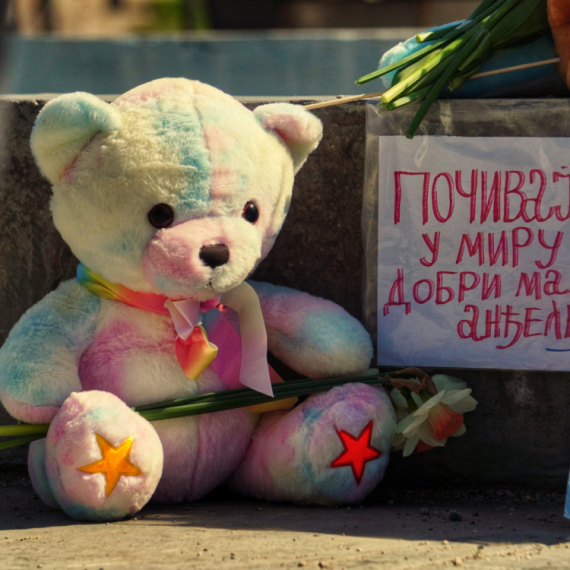
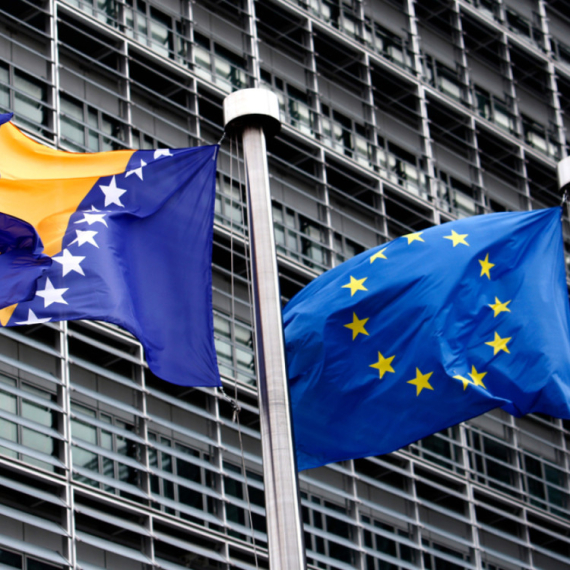
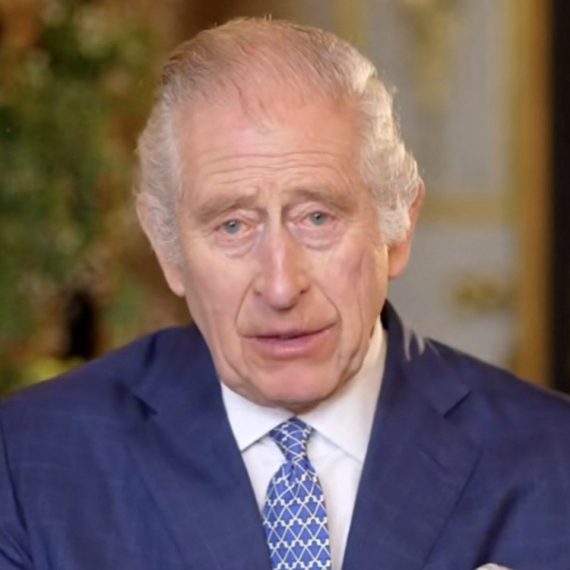
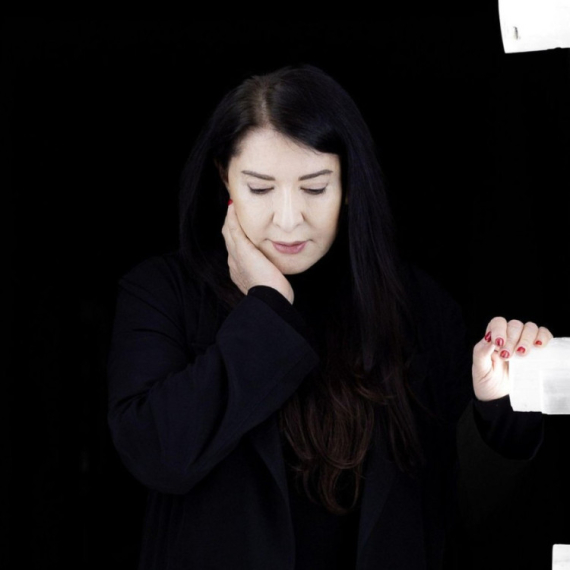


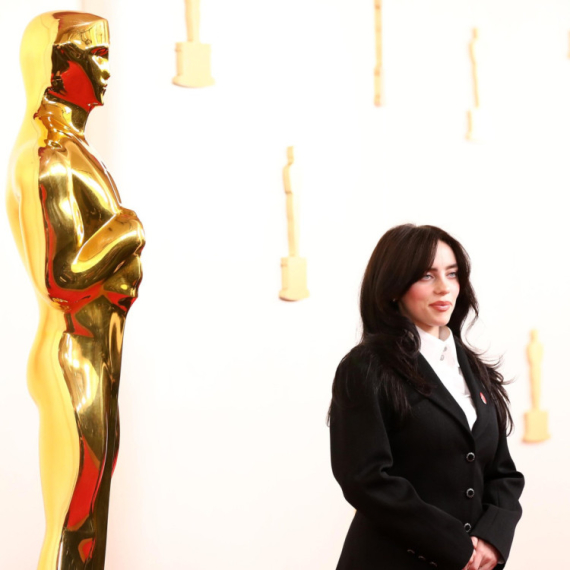





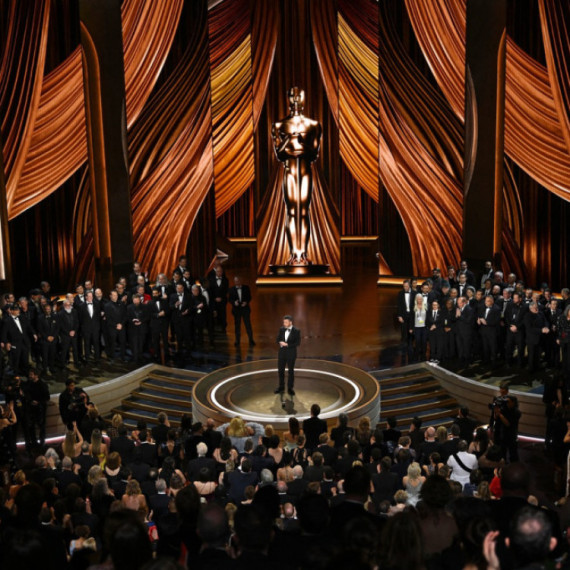










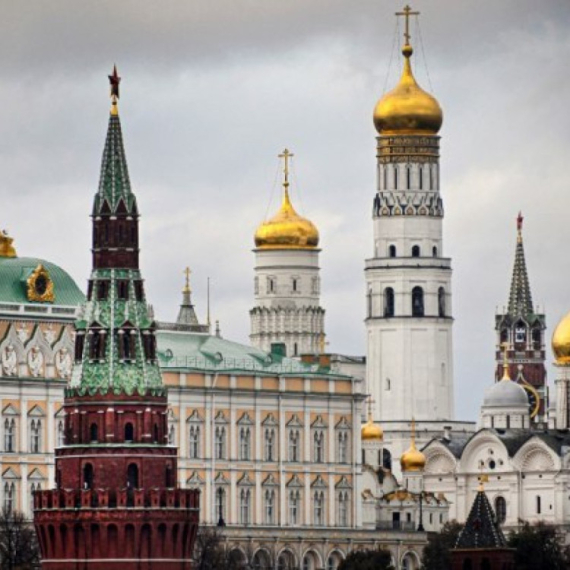
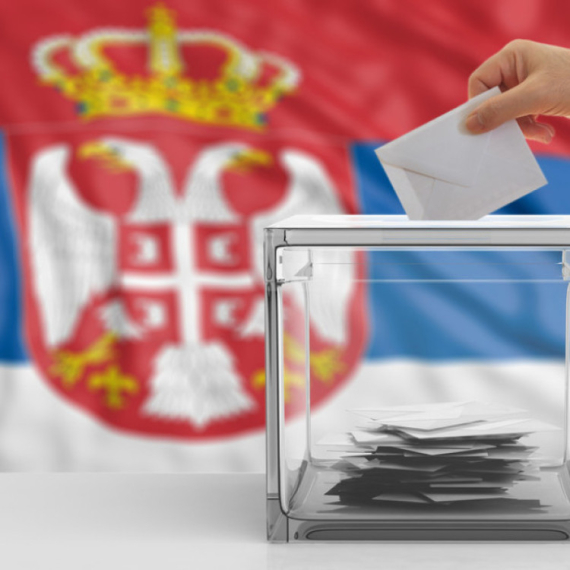











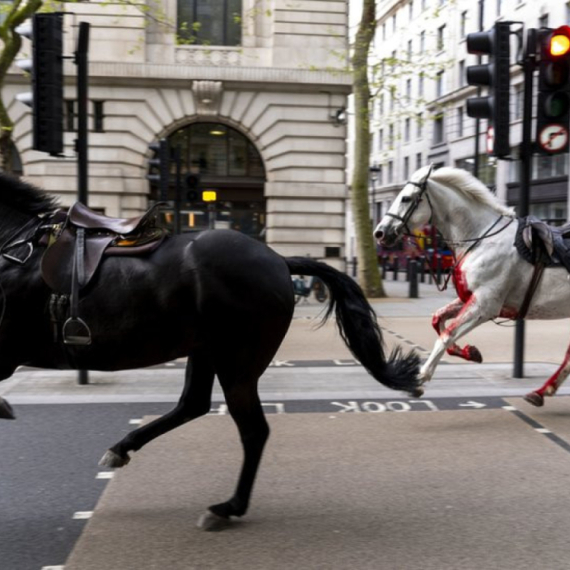
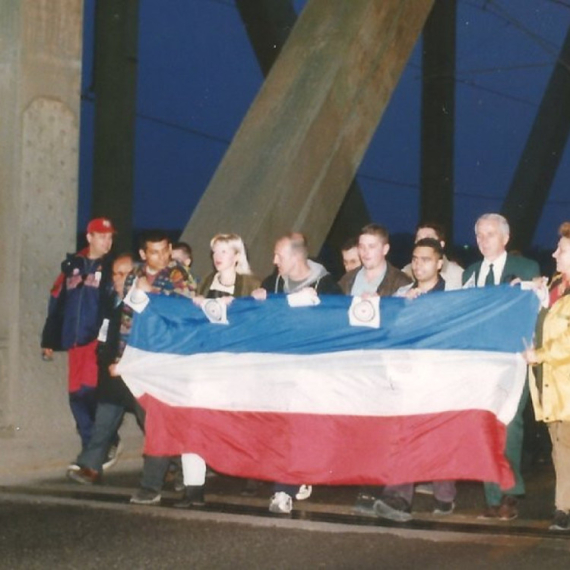
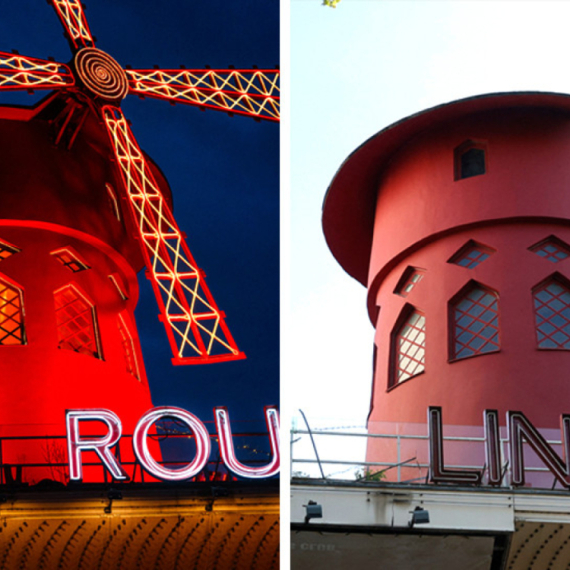



Komentari 0